Self Belief and Unexpected Outcomes

“Reflection as we understand it, is an active process of exploration and discovery
which often lead to very unexpected outcomes”
(Boud et al. 7).
I have chosen Boud’s reflection model to explain my experience obtaining a work placement which led to an unexpected outcome. The reason for choosing this model is it incorporates feelings; “utilising positive” and “removing obstructing” feelings, which are important components to every learner’s experience as they assist us to process conscious and unconscious emotions (Boud et al. 26).
Boud’s Reflective Model (Boud et al. 36)
The difference between “reflexive” and “reflective” is that we pay attention not only to “feelings”, but to their connection with “thoughts” and “actions” so that you can learn from past to change your actions going forward (Bolton 7). My key learnings stem from a previous negative experience that generated obtrusive thoughts. These prevailed after the event and got in the way of a usual positive mindset. In addition to a positive mindset, I also learned about the importance of good people to work with and effective communication.
My Experience and Reflection
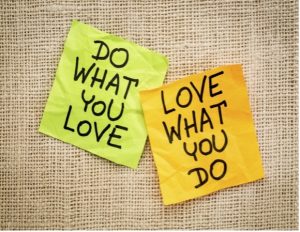
I searched for work placement with broadcast, production and postproduction companies throughout the summer.
I wanted to prove to myself I could get a placement. If successful, it would show my drive and commitment to work in this industry and prove me worthy of it. Confidence levels were low after a tough college year, so I questioned my age, ability and whether it too late for a career change. The thoughts of writing a CV which focused on myself and following through on phone calls to start the process of finding a work placement felt unpleasant. I was challenged by my own thoughts and feelings especially about myself. They formed “major barriers… distort[ing] perceptions, lead[ing] to false interpretations of events, and undermin[ing] the will to persist” (Boud et al. 11). Despite the unpleasant feelings and questioning thoughts, I applied for work placement positions.

It wasn’t until I met people in the industry that the real learning began and they provided many valuable insights.
For example, the importance of having a partner to bounce ideas off, how important getting your first break is, advice on following stories that interest me, and how to build my portfolio. They were encouraging, giving of their time and shared work that meant something to them.

It gave me a new perspective into the people within the industry who were sensitive, creative, kind and giving of themselves and their time.
The idea of networking in this industry seemed more genuine and sincere. They spoke about how tough it is to start in this industry which prepares me for the knock backs that I will inevitably face. Even though it may be uncomfortable, clearly making contact and meeting people in the industry is more beneficial then sending a CV alone. It may not guarantee a job, but it provided invaluable learning, and insight into the industry and encouraged me to take this leap of faith in following through with this journey regardless of what people think or my own uncertainty.
Starting my Placement
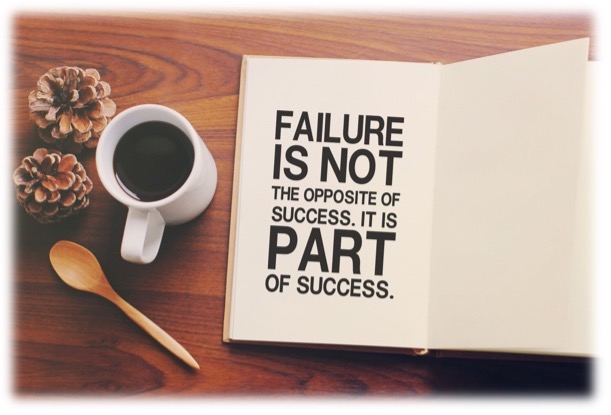
When I didn’t obtain an independent work placement, I was disappointed.
I felt accepting work placement at SARC was a recognition of my failure, even though I had heard great reports about work placement there. However the unexpected outcome of accepting this placement was that after the induction meeting, I realised I couldn’t have asked for more. I was excited and enthusiastic about making the Alumni Podcasts. It was to be self-directed, with technical support, and a reporting line for queries, questions, or assistance. I felt a sense of confidence, excitement, and responsibility. Initially I believed this role would suit a sound engineer who understood sound on an intellectual level more deeply than I did, but then I came to realise that the position had all the aspects of work that I enjoy, building rapport, spending time with people, discovering their story/lives and then editing to create a sound rich podcast. These positive feelings enhanced my “learning process… [keeping me] on task and [stimulating] new learning” (Boud et al. 11).
COMMUNICATION A “KEY SKILL SET IN ANY VOCATION.”
(Herbert and rothwell 76
Meeting : being part of something

Feeling nervous before the first podcast meeting, I relaxed when it began.
I enjoyed hearing people’s ideas, their approach, what worked well in the past and future goals for this project. It gave me a sense that this work is a continuation of something valuable and that I am now part of. Introductions were made and people’s roles outlined. Others involvement, enthusiasm, and commitment, provides a sense of responsibility in me, to work with and contribute, as these people are giving of their time, assurance, and energy. They are committed to this project’s success like me. I have learned that not only is positive and assuring talk important from the people I work with, but my own self-talk must be positive also. I also need to be self-reassuring and not seek this from others.
“TOGETHER EVERYONE ACHIEVES MORE!”
(Herbert and rothwell 88).
Reflection and Outcome
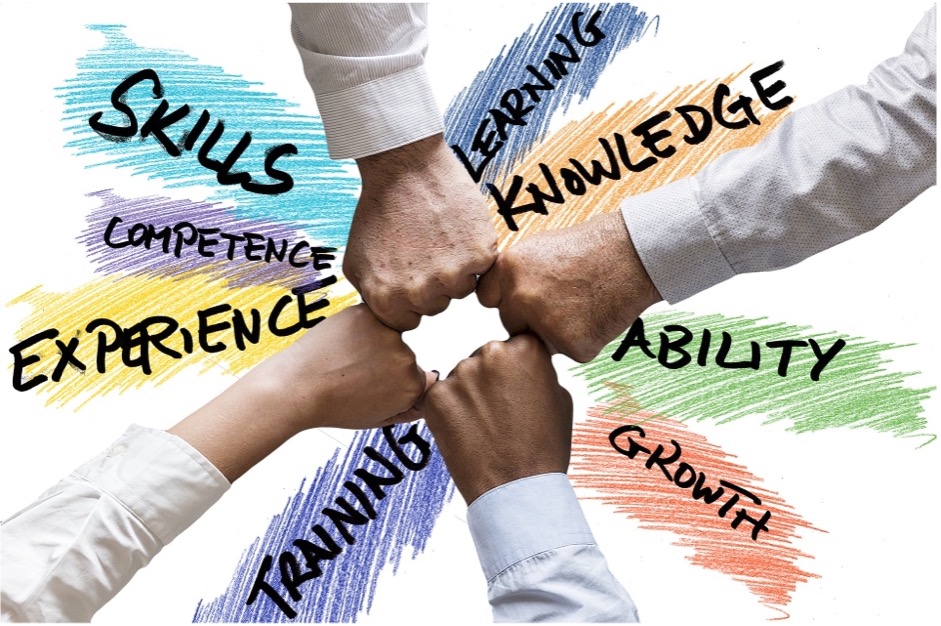
Acknowledge your limitations, accept where you’re at, but, continue to improve.
Thus, my reflective learning is that I must start by accepting where my ability is at but also acknowledge that I want to improve. I am aware that I am starting out, at the early stages of podcast making and there is much to learn. To do so, self-belief is the key in the next step of my work placement and in doing so accepting the challenges I meet and embrace and learn from the positivity of others.
Bibliography:
Bolton, Gillie. Reflective Practice: Writing and Professional Development. Paul Chapman Publishing Ltd, 2001.
Boud, David, et al. Reflection: Turning Experience into Learning. Routledge, 1985.
Herbert, Ian, and Rothwell, Andrew. Managing your Placement: A Skill-Based Approach. Palgrave Macmillan, 2005.
Rogers, Howard. Writing Your CV, Conducting a Successful Interview. Easy Guides, 1997.
You May Also Like
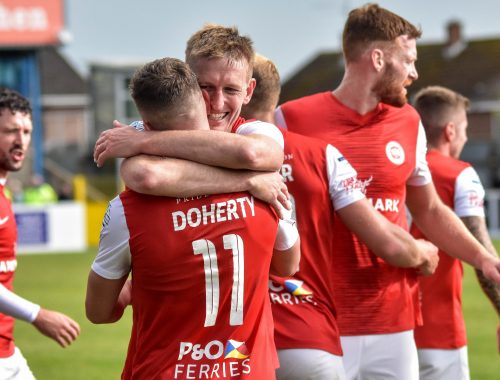
Football: A Marketing Tug of War
25 November 2022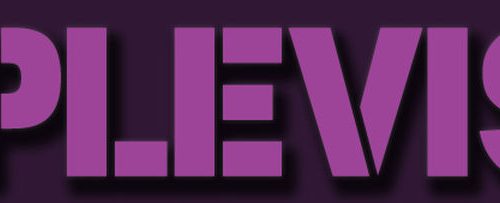
Securing My Placement: The Humbling Experience of Film Industry Rejection
24 November 2022
